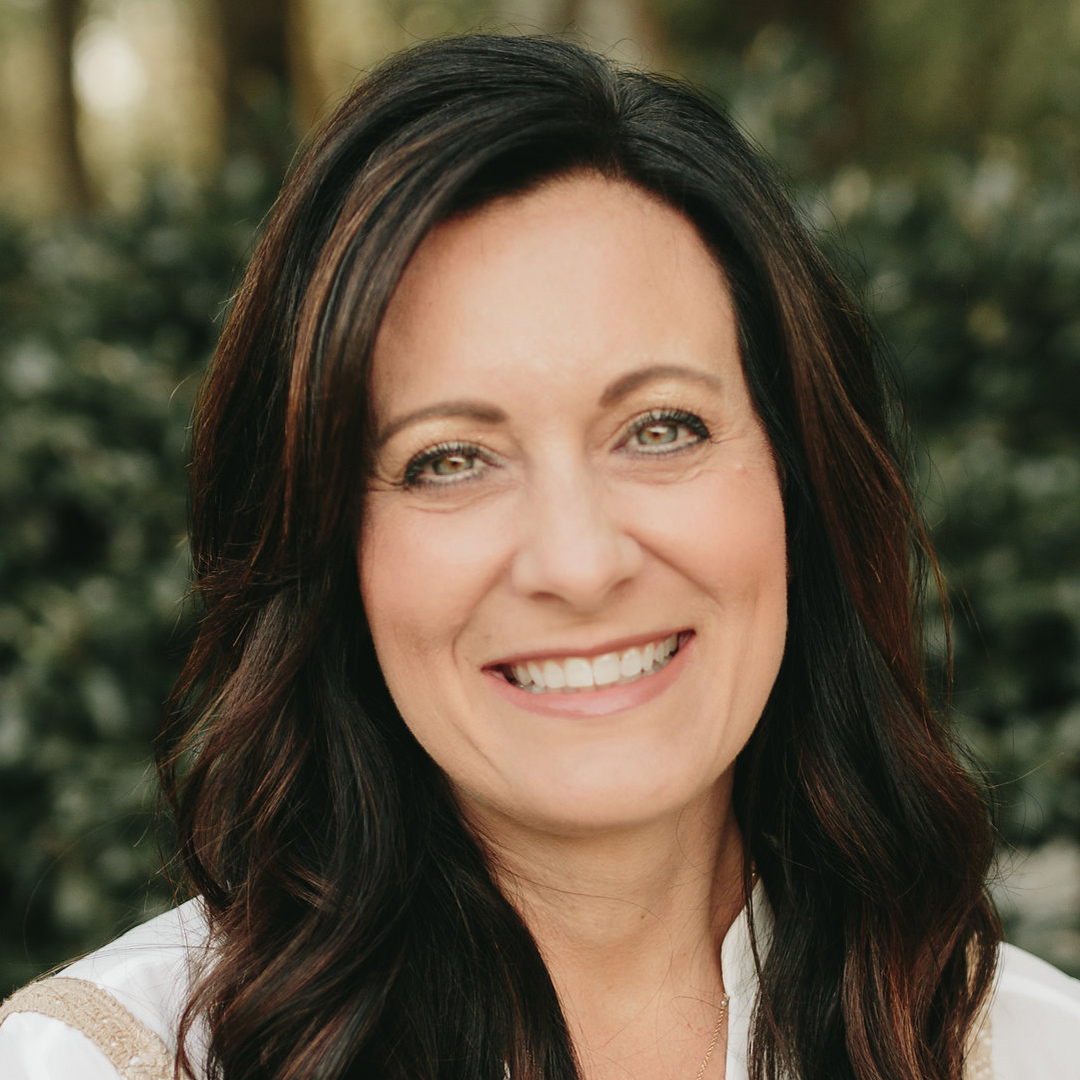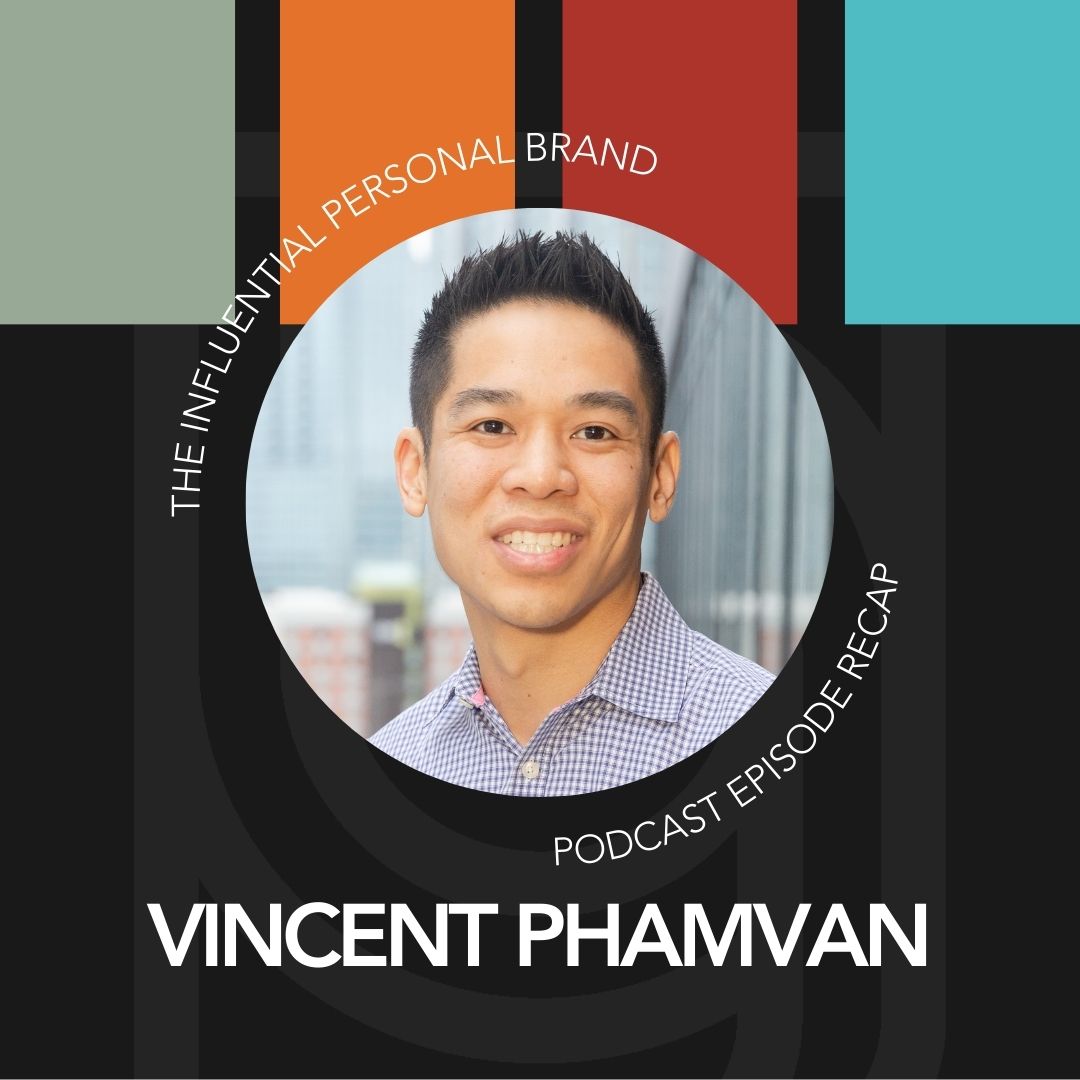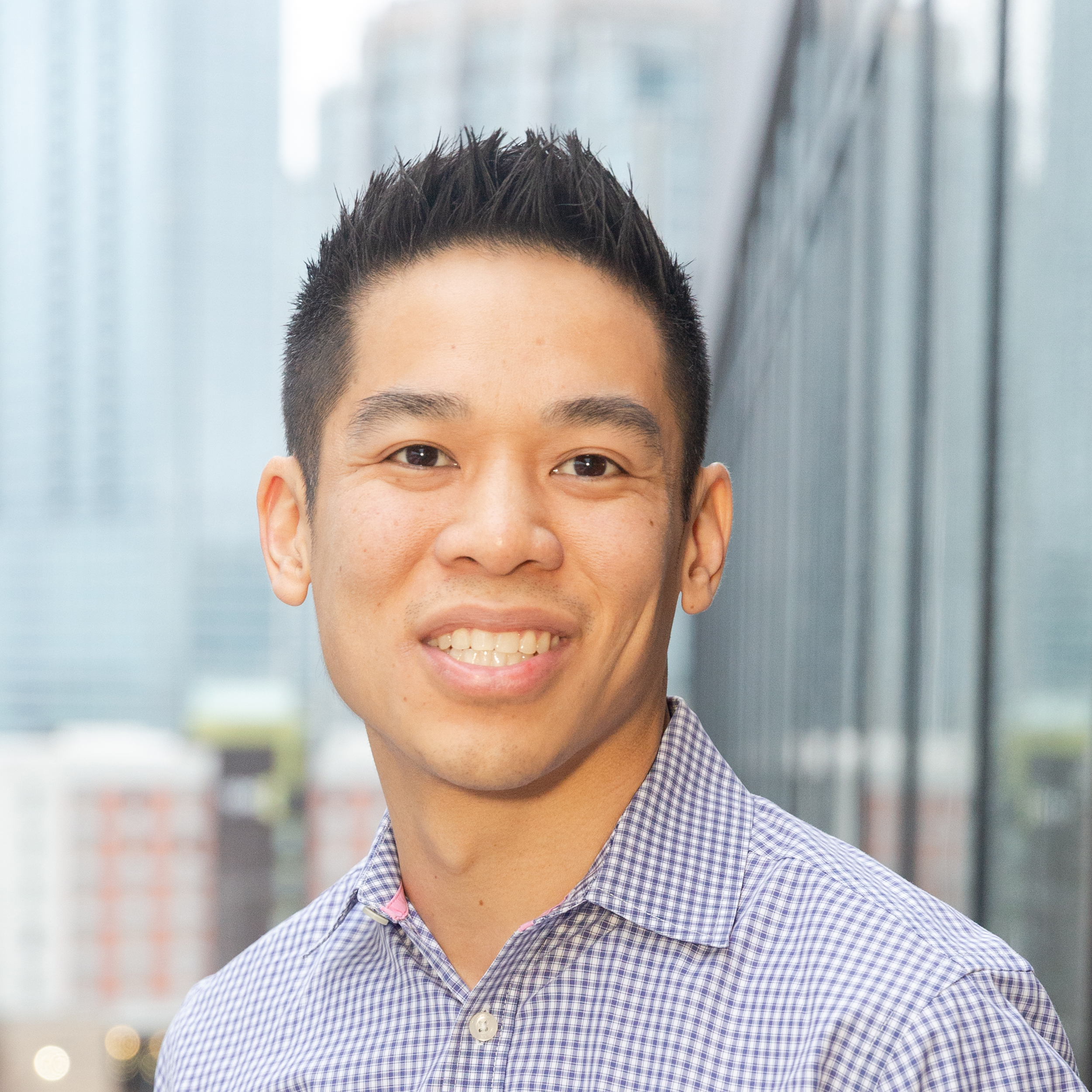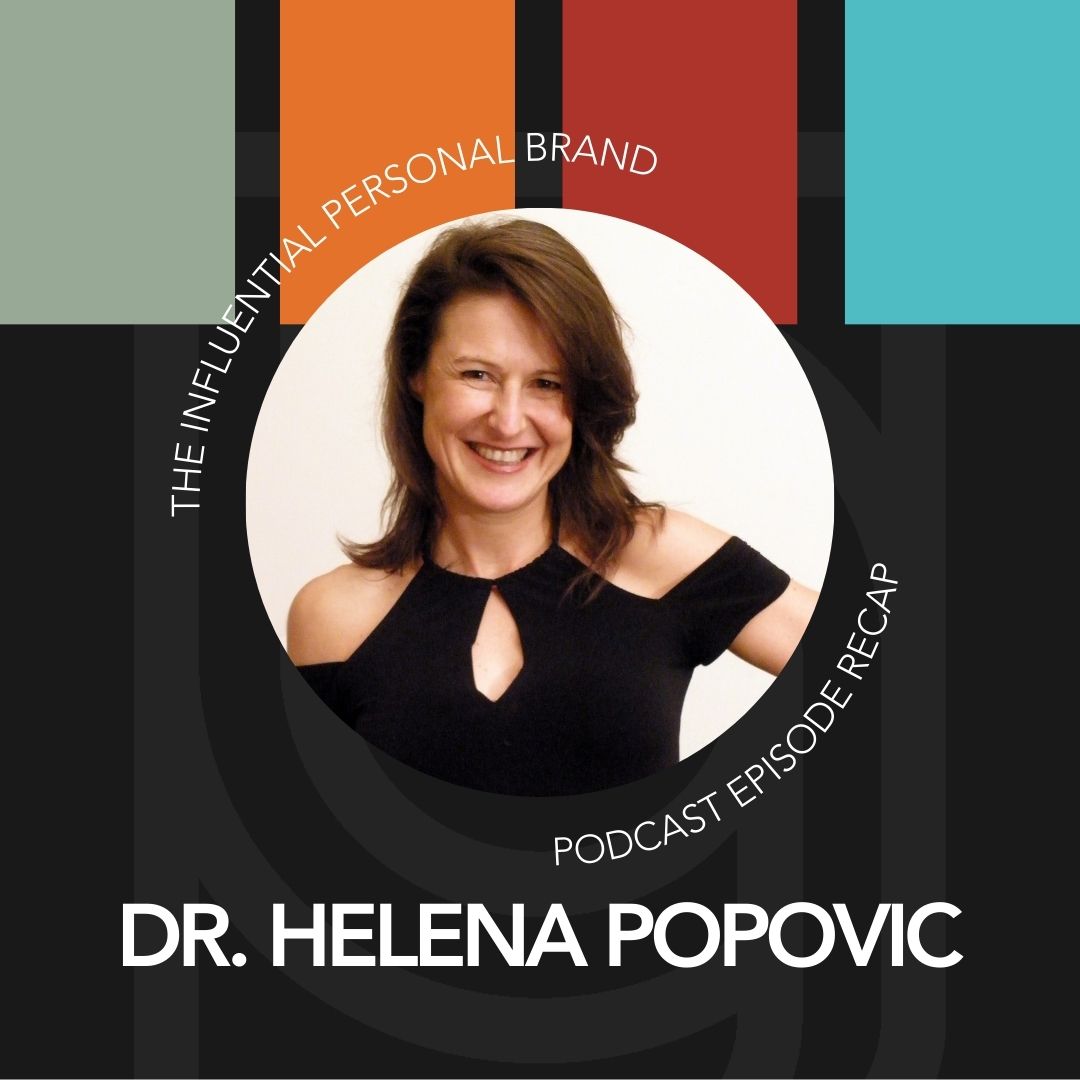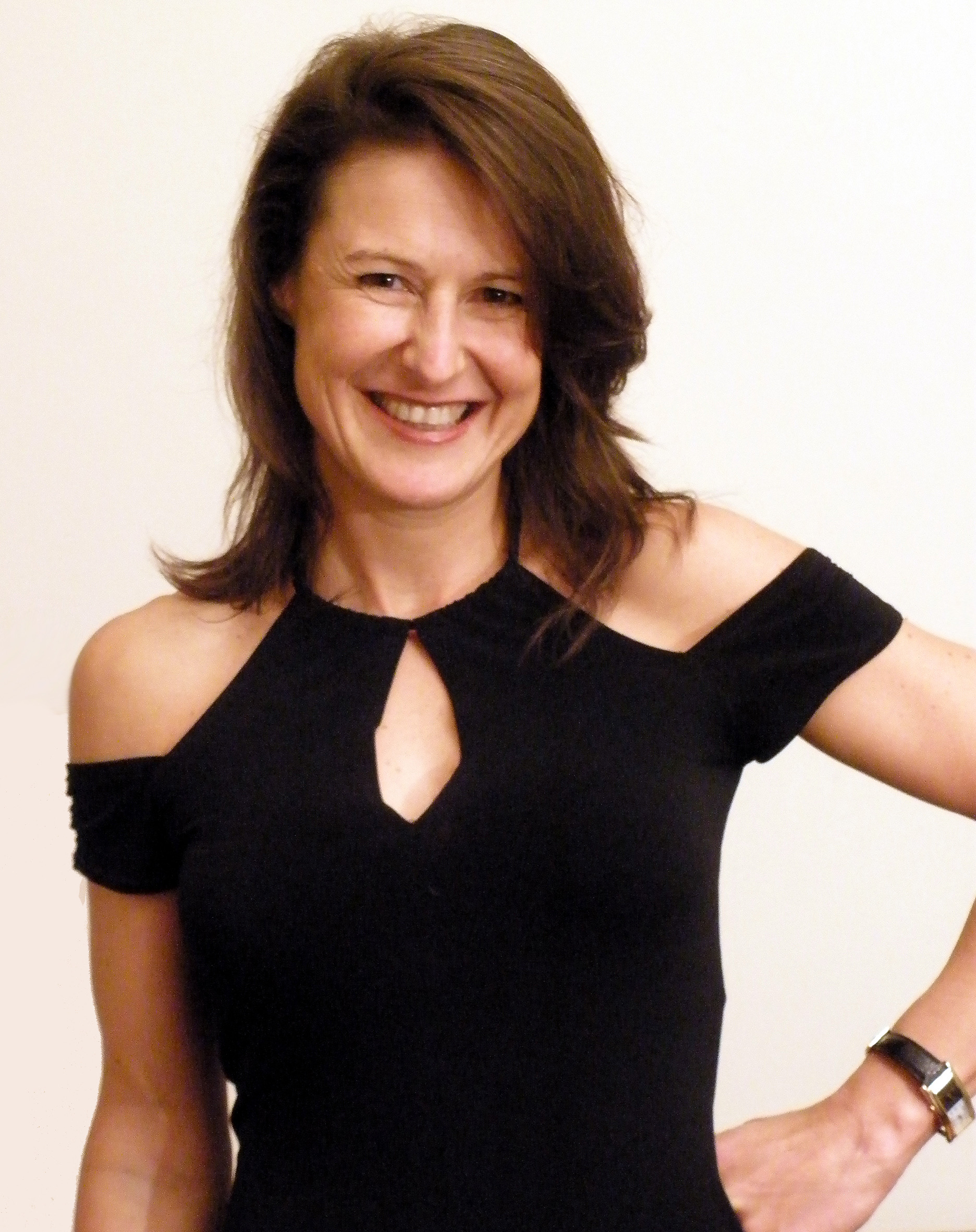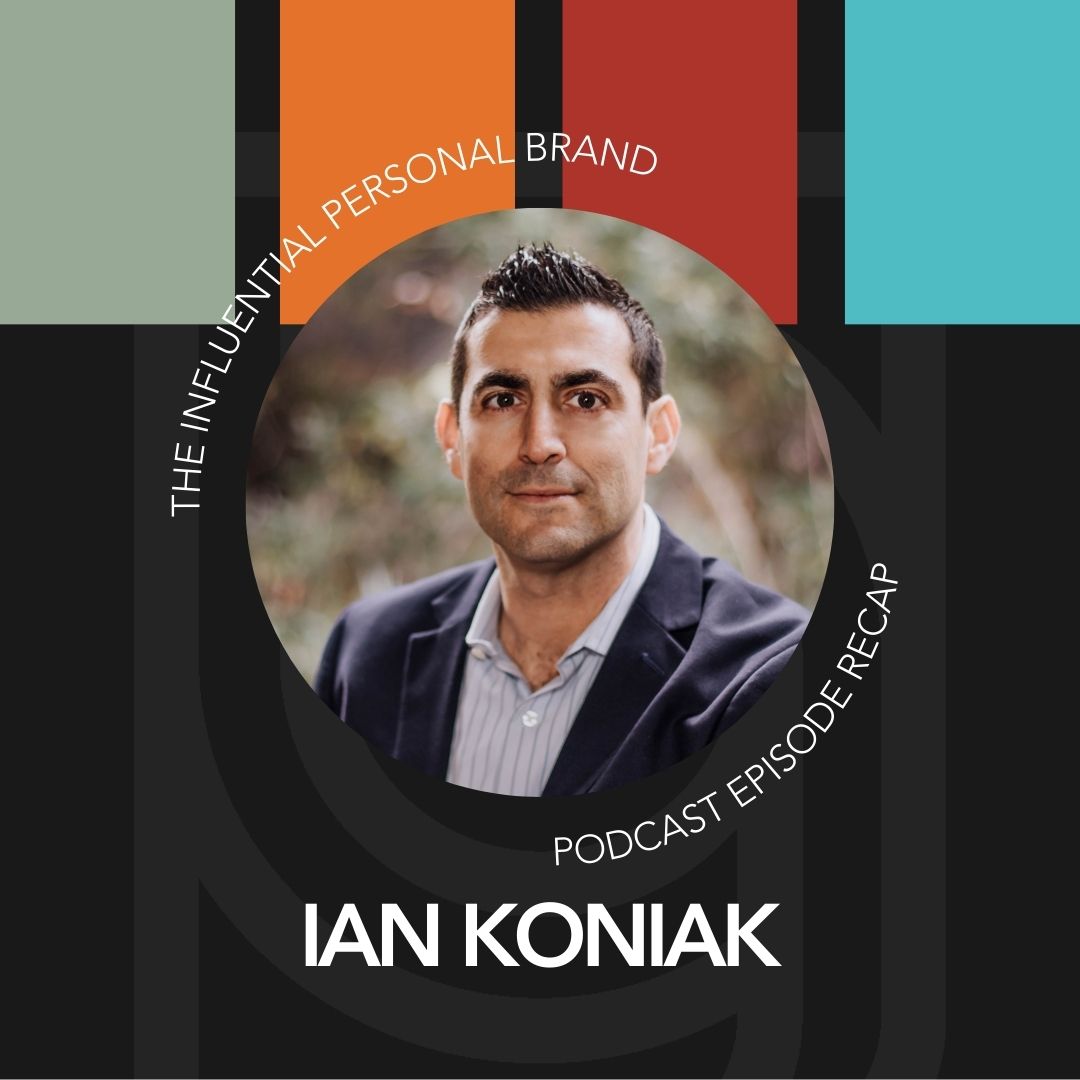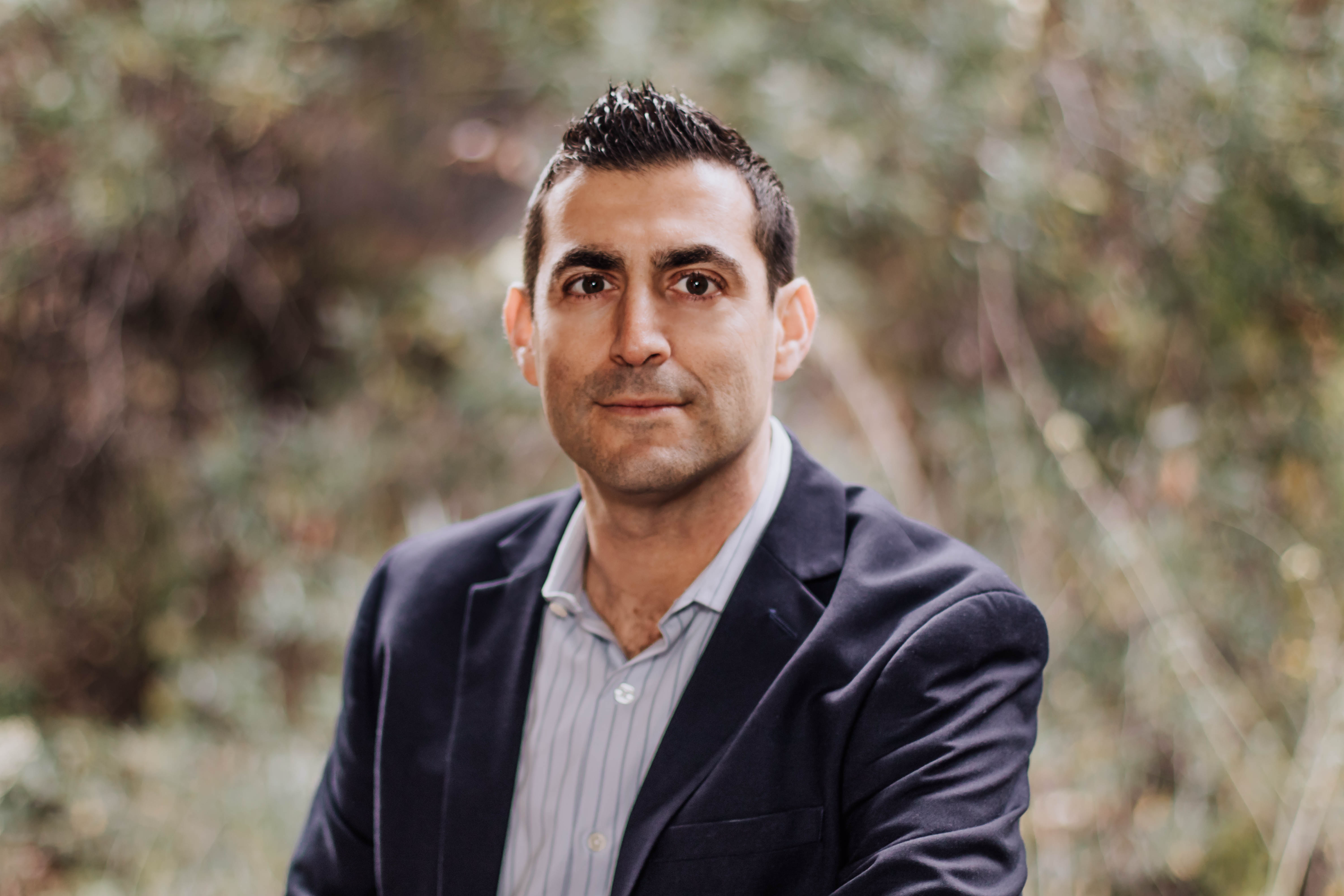Hey Builder Rory Vaden here. Thank you so much for tuning in to listen to this interview, we are so excited to bring you this information and wanted to let you know that, Hey, there’s no sales pitch coming from anything that we do with this is all our value add to you and the community. However, if you are somebody who is looking for specific strategies on how to build and monetize your personal brand, we would love to talk to you and we offer a free call to everyone that’s interested in getting to know us and is willing to give us a chance to get to know them and share a little bit about what we do. So if you’re interested in taking us up on a free strategy call, you can do that at brand build
ers, group.com/summit. Call brand builders, group.com/summit. Call. Hope to talk to you soon on with the show.
Oh my gosh. What an honor friends you know, that AJ doesn’t join me for every interview that we do, but for Lisa TerKeurst, she is here. Lisa is a new friend of ours. If you, if you’re not familiar with her, she’s the number one New York times bestselling author of it’s not supposed to be this way, which is a book that sold a million copies within its first two years. But Lisa’s 23 books together have sold over 6 million copies. She’s got 2 million followers on social media. She’s also the president of Proverbs 31 ministry, which has 5 million followers. They have a huge podcast. She’s been on the Oprah Winfrey show. Good morning America, the today show. And we met her because she got stuck on a dock, on a flight with the Vedas to go speak at the global leadership network a few months ago. And we were just, she was forced to be friends with us. There was no escape and we just really love her and art. And she has a new book out that just came out. It’s called forgiving what you can’t forget. And this is going to blow your mind when you hear this story. So anyways, Lisa, thank you. And welcome.
Thank you so much. I knew we were going to be fast friends when I first met you guys and you both had on matching monogrammed, masks. And I was like, that’s so impressive that a, they have their mask B, they actually coordinate with their outfits and c their monograms. I need to know these people.
Yes, that’s a problem we have.
Well, I try to match everyone in the family. I think it’s
An asset. I think that speaks volumes about how organized you are. And so I immediately wanted to lean in and listen to whatever you have to say. So it was an honor and a joy to meet you. And I loved our time together.
Yeah. Lisa didn’t know our, I don’t even know for ordinary, but I met at Bible study and have done several of Lisa’s books and I didn’t know that she was going to be on this airplane. And then I was like, Oh, I’ve got a, she stuck with me for an hour. I’m going to ask her every question I can. Well, it’s been great.
I think it was amazing. I mean, within a few minutes of you, I mean, just spending time together, you shared this story with us about your husband art, which is really what this book is about, or was the basis of this book. It was a, it was a betrayal that, that he made. And I was like, wow, this woman is opening up a very vulnerable part of her life very quickly. Do you mind just kind of catching everyone up on, on a little bit about what happened to you and, and how that kind of led to, you know, this new book
Sure thing. Yeah. And, and I always like to tell people to art is very okay with me sharing the story because we see that this is not only part of my redemption and healing, but it’s part of his as well. And so I don’t go into a lot of details about the story, but we share just enough to let people know that we’ve experienced the depth of pain that comes with the betrayal. And I think when people understand that that we’ve experienced the depth of just this horrific situation, you don’t have to go through the same situation that we did. But if you know that I’ve been through a lot of pain, you can trust that. The words that I write in my book are not going to be too neat, too tidy, too unrealistic for your pain. And I think when people know, I think my reader more, more than wanting to know my story.
I think people pick up my book not to be taught, not to be instructed, although all of that happens in the book as well, but I think they pick up my book to be understood. And I think I’m able to give voice to some very complicated emotions that people feel when they’ve been hurt, betrayed, rejected, wounded, wronged and all of those things certainly played into our story. But the basics of our stories that we’d been married for two and a half decades. And I found out my husband was being unfaithful and I wasn’t just broken hearted. I was completely shattered, shattered beyond what I could even describe because it wasn’t just the implosion of a relationship at the time. I felt like it could potentially be a devastation to our entire legacy. And I also, I was so worried about my kids, but I also felt the weight of the world on me because I was a Christian voice in a very tender space for a lot of women.
And there was honestly for me, a lot of shame around what happened. And I was just having such a hard time reconciling, like, do I continue to help other women? And do I even still have anything to say if, if this happened in my marriage, then what does that say about me? And I remember one of the most painful things that people would sometimes say to me is, well, you know, there’s two sides to every story. And it took me a while to figure out what do I say to that? But I finally just with all respect and kindness said back to them, this isn’t a spectator sport where you pick a side, this is the implosion of a family where you need to jump on the field and just offer to help in any way. But if you can’t be part of the solution, then don’t be part of the conversation.
Oh, that’s really, that’s really good. And I think, I think one of the things that I love most about you, isn’t just your writing because it’s incredible. And I think it’s very moving. But it’s also your natural vulnerability in all aspects. When we first met you on social media and in your books, and even in conversations like these, and, you know, we work with people who were trying to build their personal brand all the time that are really trying to tap into their message and that level of vulnerability that makes them appealing to other people, because then they feel like they know you and they can relate to you. And to know that I’ve got this commonality with you is it makes it so much easier to want to listen to you or to read your books or to follow you on social because you come from a place of not righteousness, but from, Oh, I’ve been in the depths and I know this, I come from a place of being there. So I’m curious, like how do you tap into that vulnerability and the willingness to be so open and bare and then create beautiful pieces of art that are helping people around the world? Like, how do you do that?
That’s a good question. You know, it’s, it’s kind of interesting. I’m a pretty private person which may surprise people. I’m an introvert who’s sort of at times forced to live the life of an extrovert. And but there’s a big difference between privacy and secrecy. So secrecy is when we withhold information for the purpose of hiding privacy is when we withhold details for the purpose of healing. And so I’m not a secret person, but I am a private person. And so when I write in my book, I don’t go into all the gory details of what happened, because that would do nothing but just satisfy people’s curiosity, but that’s like giving them sugar treats, you know, it’s like, it, it feels good going in, but it does nothing to nourish them at all. So instead I just let my story be a little bit of the backbone of a message so that people know what I’ve been through without giving them details. Because my focus isn’t the details of the scandal or the details of the betrayal and the hurt. What what’s a treasure to people is the transferable wisdom. It’s the life lessons. And it’s the experiences where I’ve gleaned insights and how to heal and how to move forward. That’s really, what’s important to get to, and that’s what will nourish a person’s soul.
I love that. I forget who said this, where you can tell me because I have mom brain 95% of the time, but there’s this great quote that we heard from someone at NSA that talks about how you take an eye focus story and turn it into a, you focused message. And
Craig Valentine everybody in 1999 world champion of public speaking, former, former professional speaking coach of Roy Baden.
But so much of that is like, you know, it’s like taking this very intimate story, but yet gleaming the insights and the wisdom that will apply to everyone around you.
So I liked that, that delineation of the privacy part of, of sharing. And yeah, I have to tell you like this, this, the power of this book, I mean, you can flip through and just read some of the lines. I mean, it is so moving and forgiving what you can’t forget again, is what the book is called. But I wanted to translate that also to social media. So I know we’re talking about this vulnerability and writing, and when we were at the global leadership summit, there was an after hours conversation that me, you and AIG had that I really loved, which was about as an author or even just as a person sharing some of my life and my views. How do you delineate what you should share and what you shouldn’t share, where it’s like, I want to be honest, I, I wanna you know, know that I have a voice in the world and that matters, but like, you know, maybe not everyone cares what I think about politics or this or that, or maybe not every wants to know the details of my marriage, but it’s also like people want you to be vulnerable and real, and you just seem to have a, I remember just feeling like this, just very centered place of truth of which you kind of communicate from.
And I personally really struggle with finding that balance. Is there anything you can share about that, but whether in the book books or on social?
Absolutely. So I think sometimes when we pick up a microphone to give a message, I think sometimes we misunderstand what we’re doing with that microphone. Sometimes I think we, we forget, we’re not speaking to a crowd because we see a crowd of people in front of us. We’re speaking to an individual. And that individual that we’re speaking to is really important that we determine who that individual is. So if that individual is the hurting person in that room, who thinks they probably shouldn’t even be there and your desire is to not share the facts of what happened to you as much as just connect with their pain, to say, I know exactly where you’re at different experiences, but the depth of the pain is in me too. And then you, instead of parking on the pain, you then move on to sharing wisdom in your journey that will be transferable to help them.
If that’s who you’re speaking to, then you’ll give the best message of your life. But sometimes people put the individual that they’re speaking to and they, it it’s really that there it’s that third grade teacher who told them that they weren’t good enough. And so the speaker then tries to prove to that teacher, that they have a place on that stage. And the problem is that if you are trying to prove something, that to that teacher, you may impress an audience, but impressing the audience is intimidating. It’s not inspiring. Or you may have that person that hurt you as that one person in the audience. And you may try, try to do some sort of payback, like I’ll show you, you know, and if you do that, though, everybody walks out of that audience, feeling a little more cynical about the world, then a little more hopeful about the world, or it may be that parent that was never there for you.
And if that’s that one person that you picture seated in the audience, that parent who was never there for you, then you may get up there and try to prove how, you know, you, you were worth it and you should have, you know, you should have shown up for me and, and you do so much to elevate yourself that you wind up depressing the rest of the audience. And so I think it’s really important that we remember, we don’t take the stage to prove something, to impress people, to posture ourselves as an expert. You know, sometimes when we try to impress other people, we wind up just depressing ourself. And so if we get up there and we take that stage for that one hurting person in the audience, and our whole perspective is I want to make that hopeless person hope again. And I want to make that person who hasn’t felt understood in a really long time.
I want them to feel like they have a comrade in this world. And I want to make that, that one person seated on the back row, who thinks they don’t belong. I want to tell them, I see you. And I recognize that you have a space in this place. And I want to honor you. If we take the microphone and we are using our voice, our platform, our opportunity to help the hurting person in the room, then it becomes so much less about us and so much more about the wisdom that we can transfer from our hurting places into hope in that person’s heart.
I tell you, that is why you sell millions of books right there. That’s also why you have millions of followers. You could even hear the genuineness. Even when you speak about that is so much of where you come from and for anyone who is trying to build a personal brand, it’s like, if you come from that authentic place like that, just naturally it comes across. Like it really, really does. Now there’s something that you kind of said that reminded me of something that’s in the book that I thought was just really interesting. And it’s this concept of marked moments. And I think that’s just something that regardless if there is a traumatic event or a tragedy or a deep hurt or a, you know, a deep wound, regardless, like we all have marked moments that we can look back and say, that was the moment. That was the comment. That was the person that was the experience that demarcated at change in my life, my attitude, my beliefs. And so like, I’m just really curious, like, share it, share a little bit about this concept of Mark moments and what that really means in the book, but then also just in life. Well, I talk
About in the very beginning of the book that we all have our own personal BC and a D moments. Now, of course, people usually Mark that, you know, that delineation of time using the life of Christ. But I think when we’ve been through something significant, some wounding, some accident, some betrayal, whatever it is, you know, we have our own personal before crisis and after devastation. And it’s almost like that line is drawn so sharply in our lives that we start to define our life well, before this happened. And after that happened, and it’s almost like it starts to define the very nature of our life and, you know, our I-phones don’t help because our I-phones are. So I don’t really understand how it happens, but they just put together these little memory movies. I don’t know if you’ve ever gotten one of these it’s like four years ago on this day.
And you see this picture of all these smiling people. And two of those people in that smiling picture, they were the ones that devastated your life. And you just think, what do I do with this? And it can almost be so stabbing that it takes your breath away and you think to yourself, I was authentic in that moment. I loved those two people. And so what do I do with this memory now, like we went on this trip or we had this birthday party together, or, you know, we took this Christmas card photo together and I really authentically loved this person, but then they went on to hurt me. So what do I do? Do I burn the pictures and throw the memories away? No. In the book for giving what you can’t forget. I say those are your memories. And if you were authentically loving that person in that moment, you get to decide if you want to keep that you weren’t being fake, you weren’t being false. You were authentically loving. And if that was a beautiful memory to you, then call it a beautiful memory and keep it. If it’s a painful memory, guess what? You can toss it away. You can burn it, you can delete it. It’s yours to keep it’s yours to toss away, but you get to decide what you do with your memories.
So good. I think from a a tactical perspective, one of the things that I saw is that you spent over a thousand hours in scripture preparing for this book. And obviously, you know, for those of you listening that know the story of Christ, it’s like the essential message of Christ is forgiveness. And I thought, you know, separate from the spiritual part of it, just the craft of an author saying even after I’ve written 23 books, I’m going to spend a thousand hours diving deep into this one study before, you know, I, I, I come to this book, how important is that? And, and was there anything, I mean, obviously you’ve been very into the Bible for a very long time, but you know, taking a thousand hours on one subject, was there anything that showed up for you specifically that you had never really noticed before, but with that intensity of a focus on, on such a specific concept that, that came out and then ended up making it way its way into forgiving, what you can’t forget.
Yes. I’m so glad you asked me this question. You know, and let me just be, I’m going to have true confession moment. Is that okay if I’ve true confession moment on your show, is that allowed wow. Loud. Okay. True confession. Part of the reason I spent a thousand hours studying forgiveness in the Bible because probably for the first hundred or so, I was looking for the exception I was looking for where God said, okay, everything’s forgivable, but not this because sometimes when something happens to you and it’s unchangeable, like you can’t ever fix what happened, the unchangeable can feel so unforgivable. And so really I don’t shine my halo that I spent a thousand hours studying. I kind of say, it just took me that long to start to really understand what forgiveness is and what it isn’t. And I brought so much resistance to it, and I felt like such a fraud.
You know, when my team would gather up to listen to me, you know, quote, teach on forgiveness. The first five times they showed up, all I could write was all the reasons why I wasn’t qualified to be a person to write this message, because I had so much resistance to forgiveness. And I honestly felt like a forgiveness failure because how many times that I forgiven and then I got triggered in my pain and all that anxiety and frustration and anger just came crashing back on me. And I just thought, what in the world, maybe forgiveness doesn’t work. So I spent a thousand hours because I desperately needed to learn for me, but probably two things that surprised me the most one is that I started to understand forgiveness. Isn’t something I muster up inside of me. It’s not like I boss my feelings around and get enough spiritual maturity that suddenly then forgiveness becomes easy for me.
And that I can like conjure it up. That’s not what forgiveness is. Forgiveness. Doesn’t even start with me. Forgiveness is a gift given to us by God. And so forgiveness is not based on my determination. Forgiveness is based on my cooperation with what God is providing for me. And forgiveness is not an unfair gift I have to give to this person who hurt me. That just sounds cruel, right? Forgiveness is God’s way of providing the hurting inside of the human heart to heal. And so as God’s forgiveness flows to me, I simply must just cooperate with it and let it flow through me. And as it passes through me, it’s like washing out all of that bitterness and anger and resentment. That turns me into someone I don’t want to be. And when we are bitter, because of what something, this thing that this other person has done to me, we’re letting that person hurt us twice.
They heard us when the devastation happened, but if we allowed them to turn us into somebody, that’s not a real representation of who we are. They heard us a second time by making us bitter. And I’m sorry, but I refuse to let that person that hurt me, hijack my healing. So I don’t have to wait for them to say, they’re sorry. I don’t have to wait for them to realize what they did was wrong. I don’t even have to wait for them to learn all the lessons that they should learn. I can detach my ability to heal from those choices that that other person may or may not ever make. And I can stand in the middle of my pain and I can say, I deserve to stop suffering because of what this other person has done to me. And I am participating with God’s gift of forgiveness for my heart, as much as anyone else’s heart.
So that’s a big thing that I learned, but in the scripture, here’s one of the most surprising things that I learned. If you look at the Lord’s prayer, you can find it a couple of places in the gospel, but in Matthew chapter six, starting in verse nine, Jesus says, this is then how you should pray. So imagine this, God has given Jesus, the assignment, teach the people how to pray. And Jesus says, okay, this is how you should pray. Now who thinks that prayer is a pretty stinking, big deal in the Bible, right? Raise your hand. Perfect. Prayer is a huge deal. This is a big assignment. And do you know, over half of the words that Jesus uses in the prayer, the ultimate prayer that we’re supposed to pray every day over half of the words are about confession and forgiveness. I was astounded by this.
Think of all the things that Jesus could have included in the Lord’s prayer, the ultimate prayer, and he uses the bulk of the word to tend to the humans need for forgiveness and confession. Why? Because though he was perfect divinity, also absolute humanity without sin, but he carried hurt. He knew what it was like to be brutalized by other people rejected, spit upon, turned against wounded. And so I think he was like, you know what? You guys need. Most of all in your prayers, you need to know how to heal. The daily hurts how to look at an offense of another person and refuse to pick it up because you already pre forgave that person. And when this world be such a better place, like if we truly woke up every day and said our father in heaven, hallowed, be your name, your kingdom, come your will be done on earth as it is in heaven.
Give us today our daily bread and forgive us our debts. As we have also forgiven our debtors, like forgiveness is not just for the heart and horrific in our life. Forgiveness is something we can do. First thing in the morning before we even enter into life. Like we can choose to pre forgive. We can send forgiveness ahead into that meeting into that coffee shop, into that doctor’s office, into that school, into, you know, the Jim that we’re going to go to later to might. And so when we’re walking into that coffee shop three hours later and some rude dude bumps into her happy, we can trade all that drama for an upgrade. And we can just say, Oh no. So actually I already forgave you this morning. So just because you’re laying down, this offense does not mean I’m going to pick it up and carry it with me and affect me all day long.
Like you do, you boo. I have already forgiven you and have a good day and we take our coffee, but we don’t take the offense. And we don’t weaponize the pain that they caused us and unleash it into every other person in this world. Like sometimes I’ll just have this moment where I think devil you have overplayed your freaking hand. You know why? Because you intended to multiply that hurt and pain in my heart so that I would carry it into this world. But that is not who I am. I am an evangelist of the gospel message. So the hurt stops here and you devil are shamed back to hell because I’m not going to pick up that offense. I’m not going to play your game and I’m not going to do the devil’s work for him. I’m going to be a gospel centered woman where I have loved to share, not crosses of a offense to bear.
Oh, we’re still having some church up in here. This is good. I love that. And having one of the things that I love so much about this book and your message and just you it’s that you’re standing as, like, I am not the perfect example. I’m quite, I failed at this quite often. And I set off on this research journey because I was looking for the wrong answers. And I think so, so many people in our audience are probably afraid to step into some of the things that they don’t think they’re an expert in, but instead it’s like actually lean into the fact that like, if, if you’re passionate about it, like lean into that. And even if you don’t start down the path with like the best of intentions, it’s like, no, I’m going to study this. And I’m going to find that exception, share that struggle and share that struggle. Because I think that’s where this authentic nature that draws you in and you come from this place of, I do not have this figured out and I was doing it all wrong. And that’s why I went on this journey to begin with. And I think there’s just, there’s, there’s this misconception that you have to be an expert or how it all figured out to be able to talk about it. And I think this is such a great example of no, like, no you don’t. It’s it’s not that at all.
I agree with that, you know, and I think sometimes authors shy away from people’s skepticism, but I say step into it because when you can speak to the skepticism and you can say me too, it disarms people for putting down a message thinking good for you, but it worked for me. And also we have to remember, we can’t start our books where we want people to be. We have to start our books where people are actually act. And so with forgiving, what you can’t forget, I knew I had to start with the pain and the resistance to forgiveness. I couldn’t come out swinging and say, you have to forgive. That’s not where I was at. When I started the message. I couldn’t expect my reader to be there either. And I think it’s really important that we remember people talk about two things. They talk about their problems and their questions. So the very best thing we can do is acknowledge the felt, need of the book. And it’s always a problem. Someone is having a question that they’re asking. So as an author, if we can acknowledge that felt need lean into it, then we can provide real value for people. When our author’s promise is presented as a question to answer or an answer to their question or a solution to their problem. And that’s where the magic happens.
Yeah. Forgiving, what you can’t forget is the book. Obviously you can hear directly the power coming through Lisa in what she talks about, what she believes in, just how she writes open, honest, authentic, vulnerable transparent, which is no doubt, a huge part of the reason for her extraordinary success. Lisa, thank you so much just for the honor of being here and opening up and sharing your story. And gosh, we just, we pray for you and art and we just wish you guys the very, very best,
Thank you so much. It’s such an honor to be with you and let’s do it again sometime

